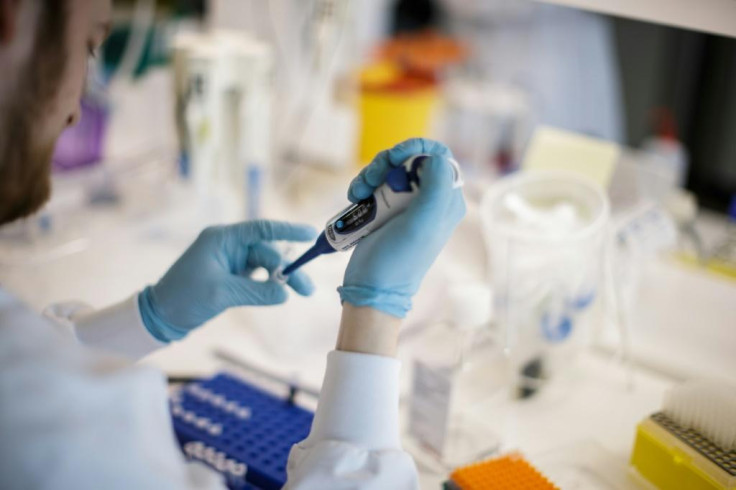Multiple COVID-19 vaccine studies receiving about $3 bn funding from the US
Experts are desperately working on a way to disable the spikes of the 2019 nCoV and therefore render it ineffective.
With the economy in its current state due to SARS-CoV-2, many are worried about how biotech companies will have the means to work a cure or vaccine. While there have been positive developments in the past few weeks, there is still no means to successfully prevent infection. Much like other major diseases in the past, experts point out that inoculation seems to be the only way to stop the outbreak. The U.S. government understands this and has reportedly invested a significant amount in the race to end the COVID-19 pandemic.
According to CNN, an estimated $3 billion in funding is being considered, which will be granted to six manufacturers to aid in their research and clinical trials. Even with treatments such as remdesivir from Gilead Sciences and the more recently announced dexamethasone already approved by regulators in certain territories, it cannot replace the benefits of a vaccine.
For those wondering, the vaccine works by allowing the body's immune system to recognise the genetic makeup of the 2019 novel coronavirus. It will then generate the antibodies needed to fend off the virus, which, in theory, should prevent infections in the future. Each of the companies being funded share a common goal, but might have different approaches. Only through large-scale clinical trials can researchers narrow down what works and what does not.
A close-up image of the 2019 nCoV shows that the tiny red spikes are what allows it to attach to its host's cells. It will then replicate and at its peak can be transmitted to other people via respiratory droplets. Hence, experts are desperately working on a way to disable the spikes and therefore render the virus ineffective.
The biggest amount – at $1.2 billion is allocated for AstraZeneca, which proposes the use of an adenovirus to administer the vaccine. Within it will be the genetic code for the red spikes which triggers a response from the body to produce the necessary antibodies that will be able to stop the actual coronavirus.

The rest of the companies receiving funding are Johnson & Johnson, Moderna, Novavax, Merck, and Sanofi. These are in order based on the highest amount to the lowest amount received from the U.S. government. Finally, the remaining amount which is estimated to be at around $783 million will be reserved for the production of the vaccine after it has been approved by regulators.
© Copyright IBTimes 2025. All rights reserved.





















